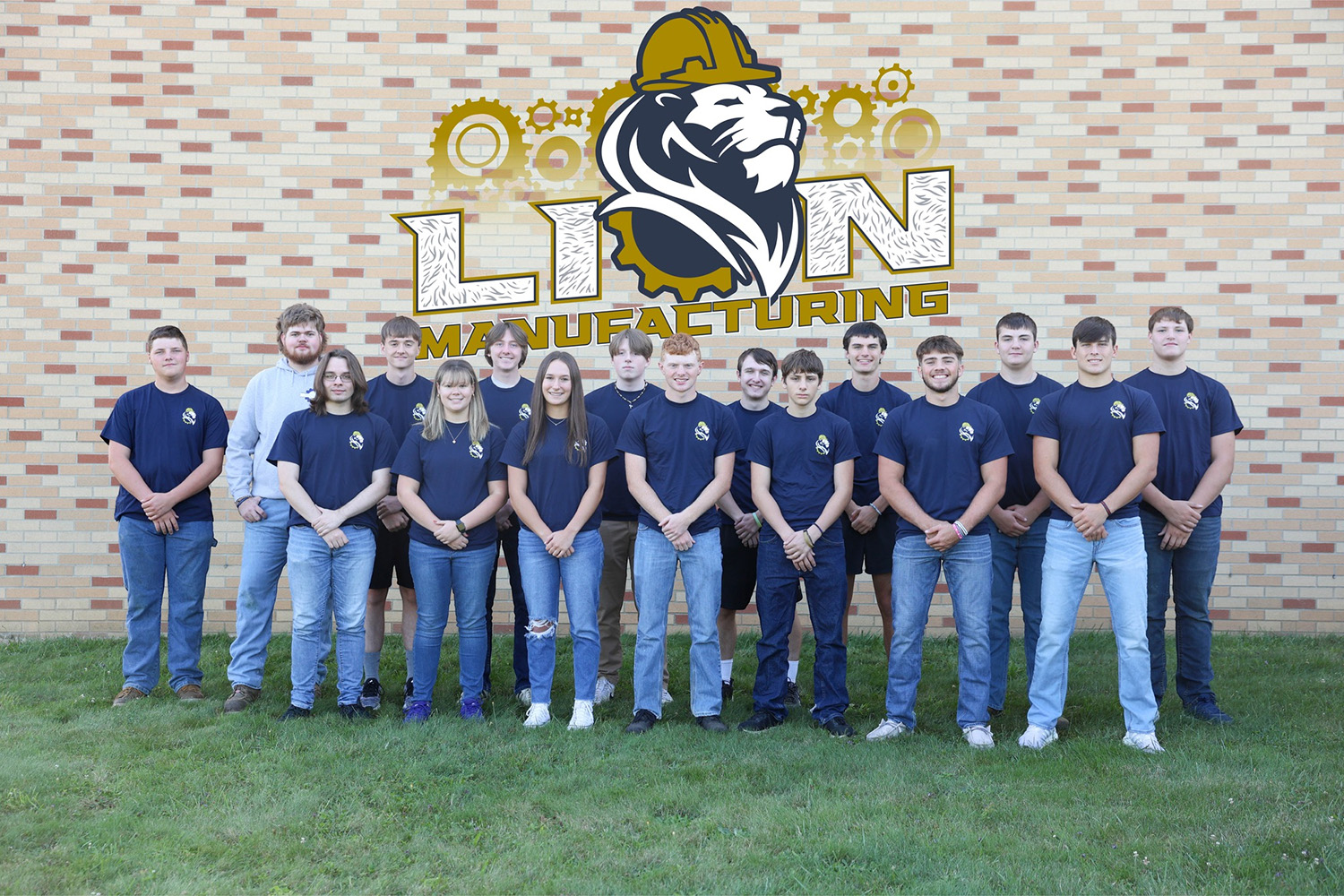Manufacturing Mavens: Local Students Set to Conquer Capitol Hill

In an exciting recognition of student innovation, the entrepreneurial manufacturing program at Clarion-Limestone High School has earned a prestigious invitation to present at Capitol Hill. The student-led business will share critical insights into how hands-on manufacturing education is transforming learning and preparing the next generation of skilled professionals.
This remarkable opportunity highlights the school's commitment to bridging classroom learning with real-world industrial experience. By bringing young entrepreneurs to the nation's capital, the program aims to showcase how vocational training and practical manufacturing skills can empower students and contribute to the future of American industry.
The delegation will discuss the pivotal role of technical education in developing workforce readiness, demonstrating how high school students can successfully operate a professional manufacturing enterprise. Their presentation promises to offer policymakers a unique perspective on the importance of integrating practical skills training into secondary education curricula.
This invitation represents a significant achievement for Clarion-Limestone High School, underscoring the program's excellence and the potential of student-driven manufacturing initiatives to shape economic and educational landscapes.

